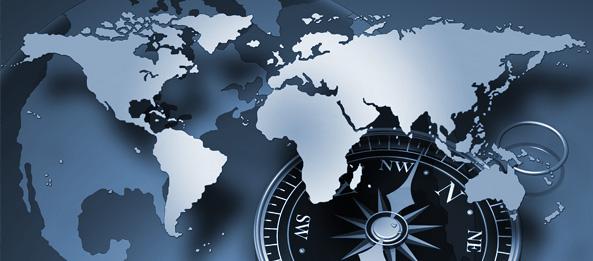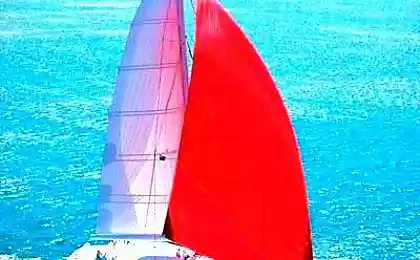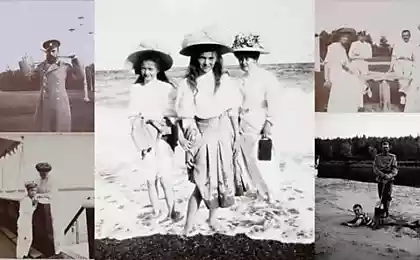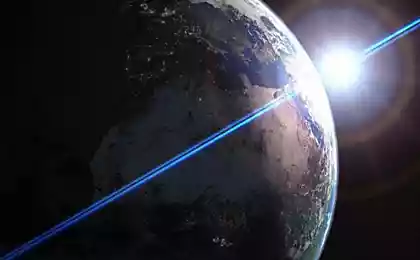1221
Great Explorers

At all times, we moved the science pioneers. Someone is the first to cross the ocean, someone went into space, while others plunged into the sea. Today we present to you the list of the ten brave pioneers, thanks to which the world is now such is, as we know it.
Leif Erikson
The first European to visit North America seems to Icelandic explorer Leif Eriksson. In the XI century Scandinavian blown off course and landed on the shores of the country, which he called "Vinland." Although it is not known exactly where approached heroic son Eric the Red, archaeologists say unequivocally that we were able to discover the Viking settlement in Newfoundland (Canada).
Sacagawea
Meriwether Lewis and William Clark in their expedition across America rely on the knowledge and skills of orienteering Sakagavei Indian girl (her name in the original sounded like Sakazhevia). Sacagawea was held with researchers more than 6437 kilometers, and this despite the fact that her hands were a newborn baby. In 1805, a journey she met her long-lost brother - leader of the Shoshone tribe.
Christopher Columbus
The son of an Italian weaver first set sail 13 years. Spanish rulers sponsored his trip at a later date in exchange for promises of new lands, spices, money and circulation of people to Christianity. Columbus ships Nina, Pinta and Santa Maria have gone west in search of a new sea route to India, but in the end they arrived in the Bahamas and Cuba in 1492.
Amerigo Vespucci
Columbus probably saw the New World, but it was Amerigo Vespucci was the discoverer of the continent, and gave him his name. Unlike Columbus, Vespucci knew exactly what he found. However, and this understanding has come to the Amerigo not immediately, but only after the survey the coastline of South America in 1502.
James Cook
Captain James Cook was able to sail farther south than anyone before him, and also proved the fact that the Northwest Passage (North sea route between the Atlantic and Pacific Oceans via the Arctic) is a fiction. Cook explored and mapped coastlines of Australia and many islands in the Pacific Ocean. Of his three expeditions were two round the world.
William Beebe
"Being a naturalist is better than to be a king" - the motto of the life of William Beebe. A tireless researcher in 1934 decided to enter into a hitherto unexplored underwater world and descended into the bathysphere to a depth of 922 meters. According to his notes, the world under the water no less strange than on another planet.
Chuck Yeager
In 1947, General Charles "Chuck" Yeager became the first person to break the sound barrier. He broke his own record in 1952, managing to fly at a speed twice that of sound. Yeager has also made a significant contribution to the development of the American space, becoming coach of nearly half the pilots for space programs Gemini, Mercury and Apollo.
Louise Arner Boyd
Louise Arner Boyd earned the nickname "Ice Woman" for his research in Greenland. In addition to studying fjords and glaciers, she discovered also an underwater mountain chain in the Arctic Ocean. In 1955, she became the first woman on a plane flown over the North Pole.
Yuri Gagarin
First man in space, just could not stay outside this list. The first flight in space lasted for 108 minutes, followed by planting in the new world - a world to discover the limitless expanse of the universe.
Anousheh Ansari
In September 2006, Anousheh Ansari became the first female space tourist, first Muslim woman and first Iranian in space. She also became the first man who blogged from space























